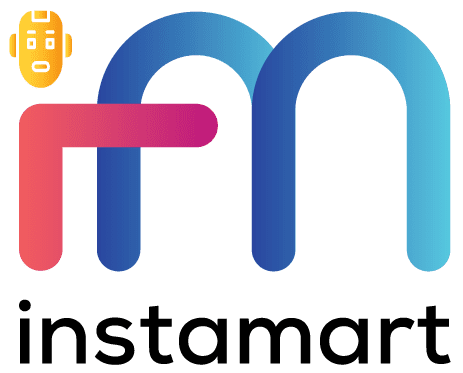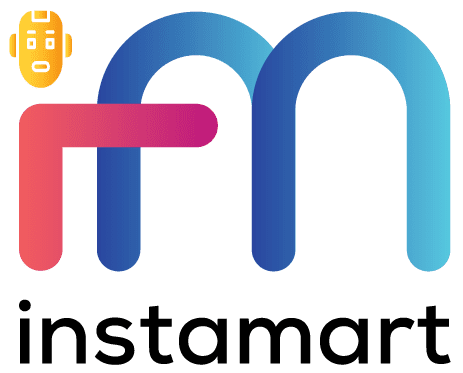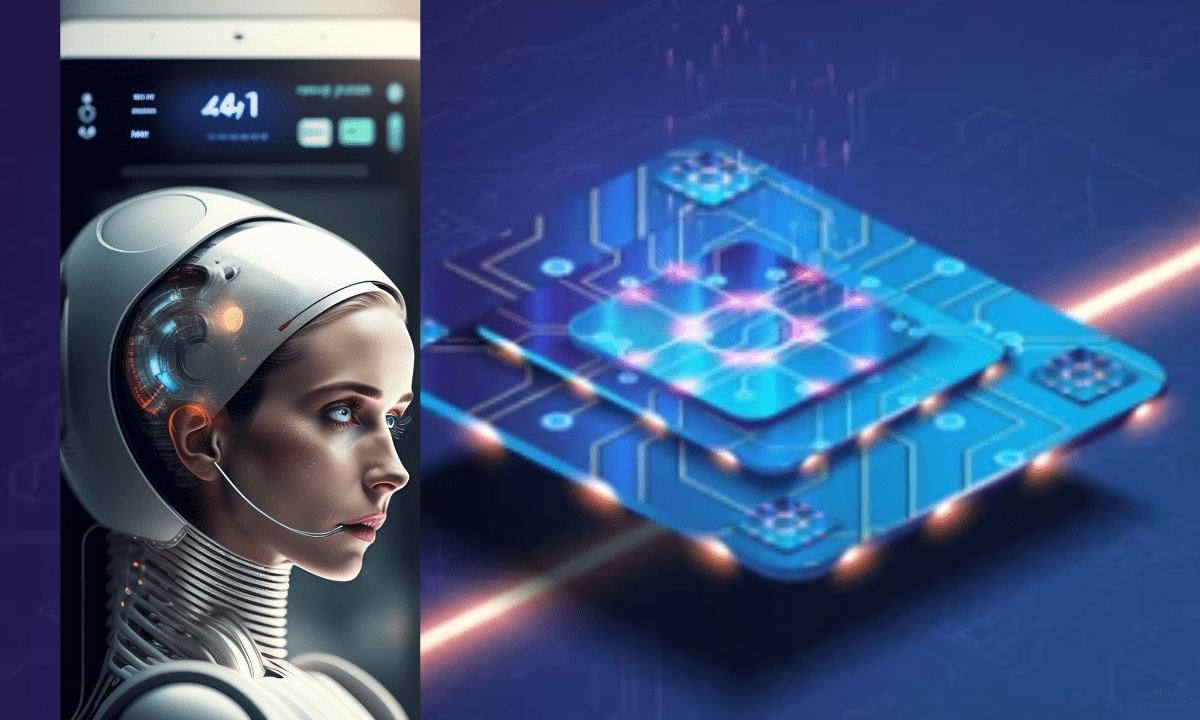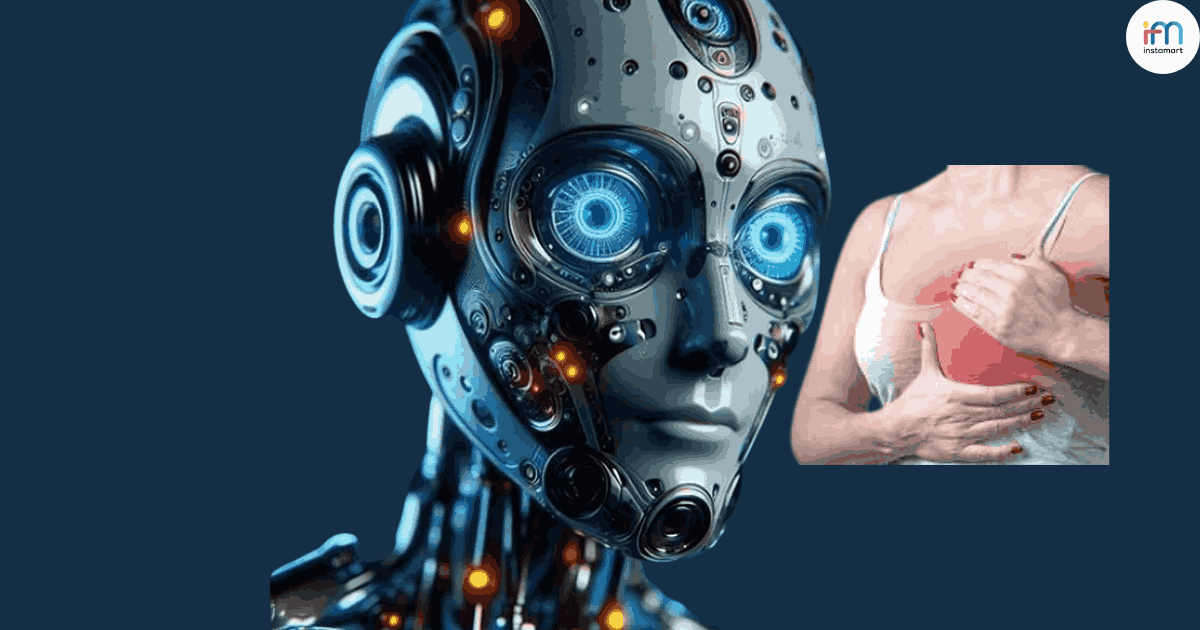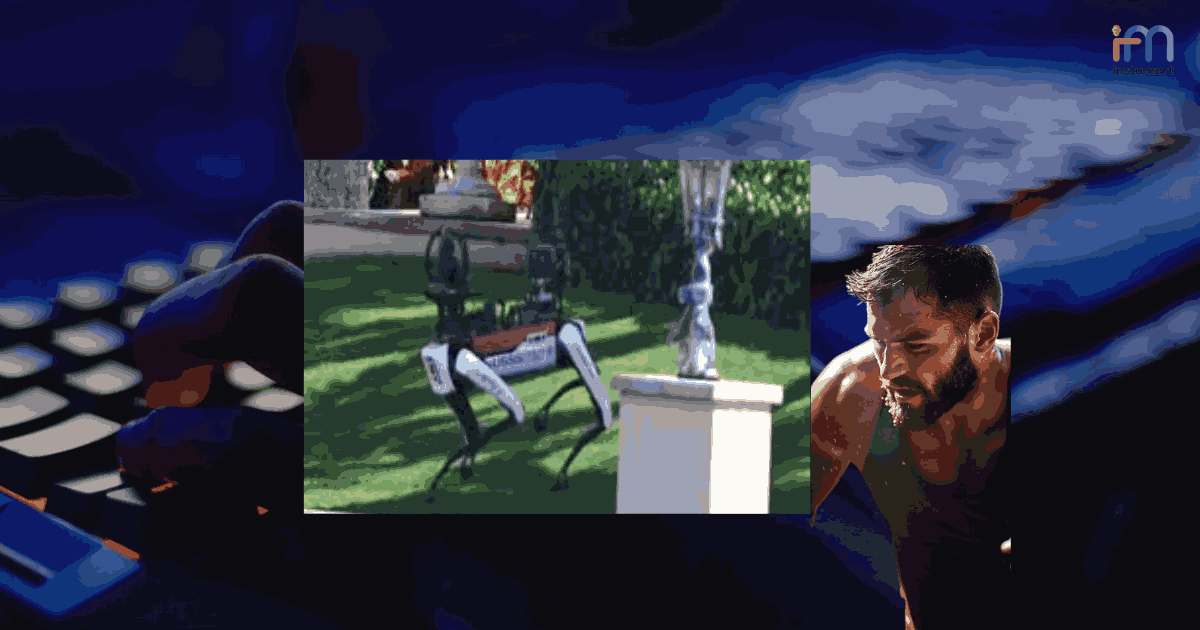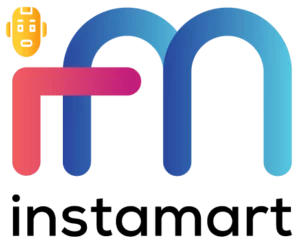Judge Beryl Howell delivered a ruling that will twist the arms of AI system developers in their quest for copyrights. An application by Stephen Thaler sought to secure copyrights for AI-generated art but was rejected on the grounds of lack of human involvement. In the letter of the US law, copyrights only apply to works that have human input. The denial of copyright protection to artwork created by AI could open a new wave of infringements that may necessitate firms to destroy their large language models.
AI-generated Art Ruling
Judge Howell in upholding the decision stated that “Undoubtedly, we are approaching new frontiers in copyright as artists put AI in their toolbox to be used in the generation of new visual and other artistic works”
The Judge emphasized the need for human involvement to qualify AI-generated art for copyright protection. Any attempt to provide copyright protection to AI-generated art will compromise the principle upon which the law is established. On the contrary, Thaler’s lawyers expressed discontentment with the ruling “Denying copyright to AI-generated works would thus go against the well-worn principle that copyright protection extends to all original works of authorship fixed in any tangible medium of expression.”
Read Also: NYT Lawsuit Could Wipe Out ChatGPT
How You Could Be Breaching Copyrights?
In reality, many content creators are victims of copyright infringements. Here is a list of mistakes leading to breaching intellectual property laws:
Using Copyrighted Material Without Permission: Using copyrighted material such as images, music, videos, or text without obtaining proper permission from the copyright owner is a direct violation of their rights.
Assuming Fair Use When Not Applicable: Fair use is a legal doctrine that allows limited use of copyrighted material without permission for purposes like criticism, commentary, news reporting, education, and research. However, it’s a complex legal concept, and assuming fair use incorrectly can lead to infringement.
Neglecting Public Domain and Creative Commons Licenses: Public domain material and content under Creative Commons licenses can often be used without direct permission. However, not paying attention to the terms and conditions of these licenses can still result in infringement.
Using Images or Artwork Without Proper Attribution: Some licenses require proper attribution when using images or artwork. Failing to provide the required attribution can result in copyright infringement.
Modifying or Transforming Copyrighted Material: Modifying or transforming copyrighted material does not necessarily exempt you from infringement. If the changes are not significant enough or if they still use a substantial part of the original work, it can still be considered infringement.
Assuming All Online Content is Free to Use: Just because something is freely available on the internet doesn’t mean it’s free to use for any purpose. Many online works are still protected by copyright.
Copying Ideas vs. Expression: Copyright protects the expression of ideas, not the ideas themselves. However, replicating a unique and specific expression of an idea can still be an infringement.
Using Music in Videos Without Licensing: Incorporating copyrighted music into videos without obtaining the necessary licenses can lead to copyright claims or takedowns on platforms like YouTube.
Unauthorized Adaptations: Creating adaptations, derivative works, or translations of copyrighted material without permission can lead to infringement.
Not Registering Original Work: While copyright protection is automatic upon creation, registering your original work with the appropriate authorities provides stronger legal protection in case of infringement.
Copying Software or Computer Code: Software and code are also protected by copyright. Copying or distributing software without proper authorization can lead to legal issues.
Ignoring Terms of Use and End User License Agreements (EULAs): Ignoring the terms and conditions stated in software licenses, website terms of use, or EULAs can result in unintended copyright violations
Nonetheless, Howell’s ruling gives a new twist to the popularity of AI-generated art platforms as income-generating sources for content creators and owners.
